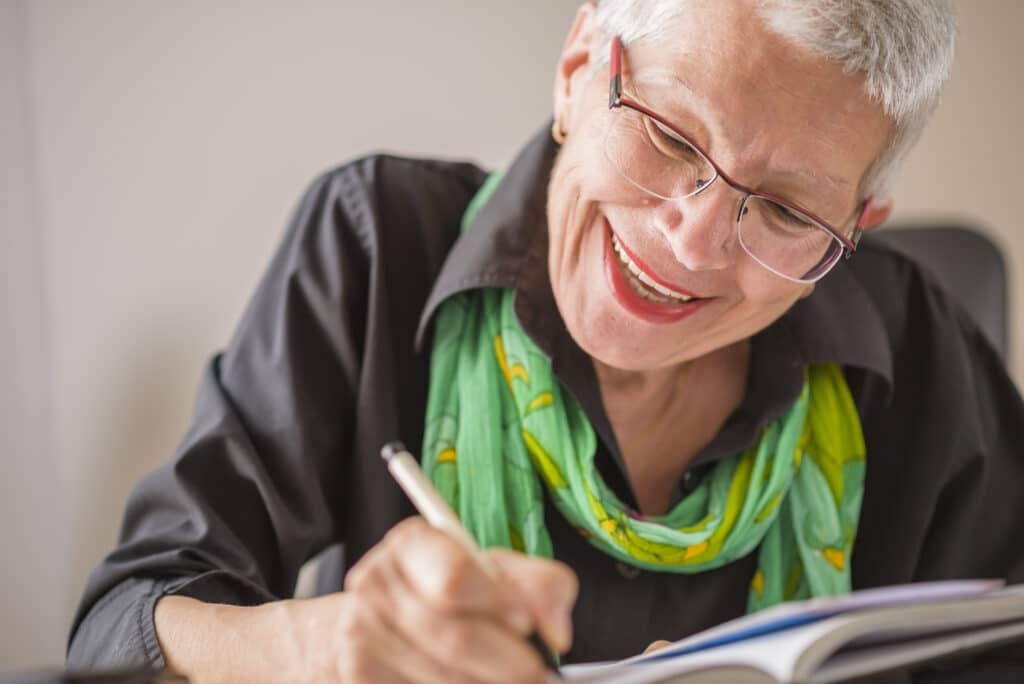The theme of this A to Z challenge is personal history because I want to share some of the basic concepts of autoethnography and information that are pertinent to the Women’s Legacy Project and for any person writing about their own legacy, that of their family, or a community or cohort.

Many proponents of open information exchange believe the world would be a better place if human knowledge flowed freely between all groups of people. If individual knowledge, women’s history, and the personal knowledge of women’s lives were available for other women to draw upon and learn from, this would go a long way to clearing up centuries of the throttled flow and eventual loss of information.
The digital divide is real, social class and geography influence access to information. Women’s information has been constrained to the point that even the names of western women are lost with a couple generations.
The ability to share digital information has increased in both speed and quantity of exchange and flow, but we are now seeing a tendency to fall prey to the isolation and entrenchment of information which escalates when there is strife between demographic groups.
Anticipatory Imagination
One of the methods that can reopen flow of information lies in anticipatory imagination. I just discovered this phrase that captures an idea that has been floating around as an undistilled concept at the edge of my conscious thoughts. Slightly different from and more than visualization or intention, anticipatory imagination seems to be an extension of these concepts.
I read this bit in an abstract of chapter by M. Oziewicz, and the last few words jumped out that this is what the current generation of elders can leave as a legacy. We can show and teach, we can leave examples.
“Specifically, it reflects on the affordances of hope-oriented anticipatory imagination as a necessary precondition for disrupting ecocide and enabling meaningful change. Following a brief consideration of the dystopian mode, the chapter offers a programmatic exposition of the notion of planetarianism, or applied hope articulated through stories.”
Oziewicz, M. (2022). Planetarianism Now: On Anticipatory Imagination, Young People’s Literature, and Hope for the Planet. In: Paulsen, M., jagodzinski, j., M. Hawke, S. (eds) Pedagogy in the Anthropocene . Palgrave Studies in Educational Futures. Palgrave Macmillan, Cham. https://doi.org/10.1007/978-3-030-90980-2_12. Print ISBN 978-3-030-90979-6 Online ISBN 978-3-030-90980-2
Applied hope articulated through stories!
This is why I am writing about personal history. Many folks have started writing family history blogs, and this is wonderful, but it is not the only way personal and family history can be preserved. Genealogy and place names are not the only fodder for elder blogs.
Throughout this month I will be covering the orthogonal, or as I like to call them, the interesting snippets of what we know about women’s culture, family culture, and local cultures that are often overlooked as worthy elements for preservation. Fact based stories are replete with context often lost in lists or governmental records. A post I wrote a few years ago illustrates this in a novel way, I think. It is called “Gathering the past for the future.”
This month’s focus came about because peering over edges and capturing sensorial essences touches us, connects us, and gives us hope.
“Applied hope articulated through stories”!!! As a storyteller, I love this! I grew up in a very talkative family, with lots of stories passed down to me from my grandparents and other elders. This sounds like a great project! I’ll be following 🙂
The Multicolored Diary
Oh I am so glad you think so! I will follow your journey this month too!
womenslegacy recently posted…Why write about Personal History? Because…
I really liked the idea of ‘anticipatory imagination’ and will be checking out your post called Gathering the Past for the Future.
Thanks! I love it when I find a perfect concept along the way like anticipatory imagination. It is like finding a diamond when digging up rutabagas!
womenslegacy recently posted…Changing Climate and the Urgency of Women’s Knowledge
I will be interested to see how this approach develops. Wouldn’t it be amazing to know more about women of the past and their lives, but circumstance and education played a role in minimising that.
Knowing the lost information, that would be a treat!
womenslegacy recently posted…Changing Climate and the Urgency of Women’s Knowledge